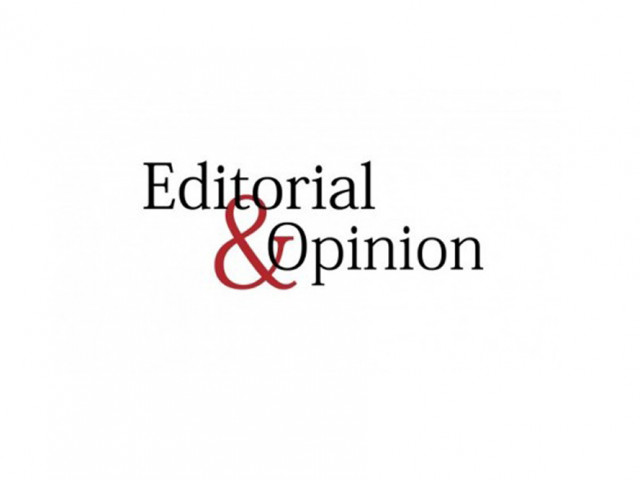Steady interest rate
Pakistan's economy is still dependent on IMF

The SBP's decision to maintain its policy rate at 11% reflects the precarious nature of trying to curb inflation while nurturing a fragile economic recovery, with the added variable of catastrophic floods that have ravaged key agricultural regions. The central bank emphasised that while inflation has been coming down, core inflation is still problematic, and flood-induced supply shocks threaten to reverse these gains. The destruction of crops has already triggered sharp price increases for perishables and staples.
This damage also threatens to widen the current account deficit, as food imports and reduced agricultural exports both appear on the cards. The SBP rightly notes that these temporary yet significant shocks require monetary stability to prevent inflationary spirals, despite the risk posed by slow economic growth.
Pakistan's economy is still dependent on IMF, which creates further policy headaches in trying to chart a path to rebuilding flood-ravaged infrastructure while supporting sustainable economic growth. A recurring problem due to the frequency of natural disasters is that billions are invested in infrastructure repair work, which could have otherwise been invested in areas where it would generate new and increasing economic activity. The need to redirect funding also creates new problems regarding compliance with IMF loan conditions. Though the fund has shown leniency, the government's limited fiscal space necessitates cautious monetary policy to avoid exacerbating debt and inflation.
Most criticism of high policy rate is coming from the business community, specifically from groups that are less concerned with the common man's ability to pay the bills and more worried about how to maximise profits. But the bank has been suitably prudent in determining that premature easing could severely backfire, which we literally can't afford. But beyond stop-gap fixes, the government and the private sector, along with international partners, need to work together to address structural weaknesses and invest in climate-resilient infrastructure and diversified agriculture.














COMMENTS
Comments are moderated and generally will be posted if they are on-topic and not abusive.
For more information, please see our Comments FAQ